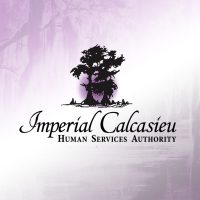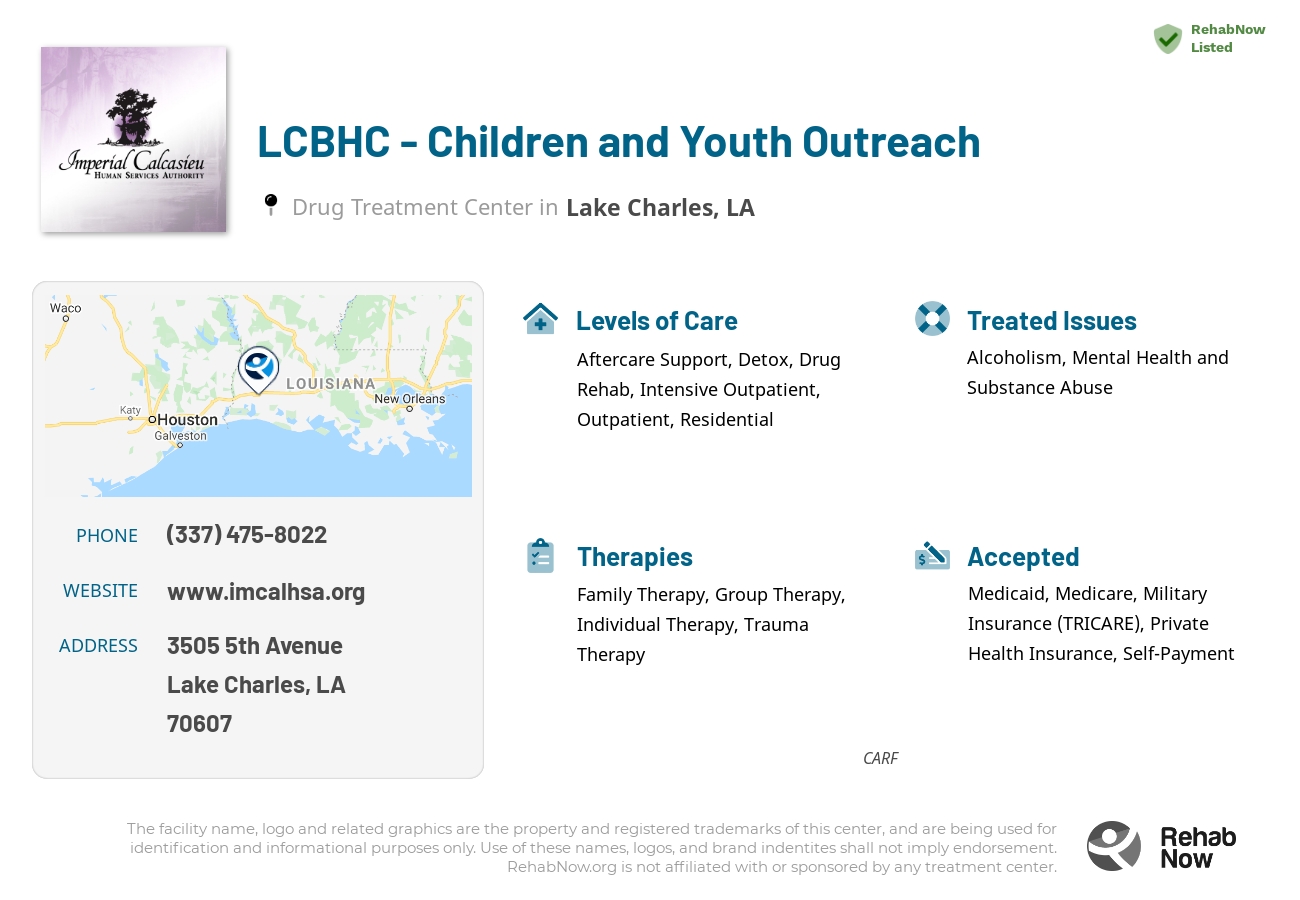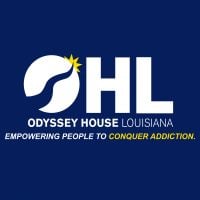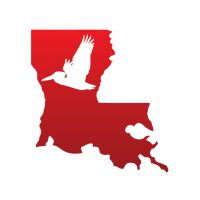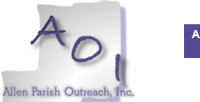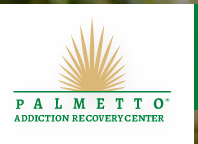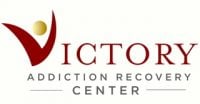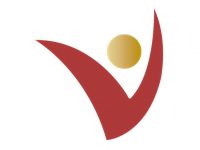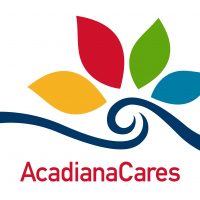LCBHC - Children and Youth Outreach
Drug Rehab Center in Lake Charles, Louisiana
LCBHC - Children and Youth Outreach in Lake Charles, Louisiana provides mental health, addiction and substance abuse services, including individual counseling, family counseling, group therapy, medication management, and specialized programs for substance abuse and addiction recovery.
About LCBHC - Children and Youth Outreach in Louisiana
LCBHC - Children and Youth Outreach in Lake Charles, Louisiana is a leading provider of mental health, addiction and substance abuse services in the area. With a team of experienced and compassionate professionals, LCBHC provides an array of services to children and youth of all ages including individual counseling, family counseling, group therapy, medication management, and more. LCBHC also offers specialized programs that focus on substance abuse and addiction recovery, including relapse prevention and treatment, substance abuse education and awareness services, and case management.
At LCBHC - Children and Youth Outreach, the addiction and substance abuse services are designed to help individuals and their families understand the danger of substance abuse, develop effective coping strategies for addiction, and learn to make healthy lifestyle choices. Utilizing evidence-based practices such as Dialectical Behavioral Therapy (DBT) and Cognitive Behavioral Therapy (CBT), counselors at LCBHC are committed to helping individuals build the confidence and coping skills they need to achieve their recovery goals. Clients have access to a range of personalized treatment options including detoxification, inpatient and outpatient services, individual counseling, and family therapy.
LCBHC - Children and Youth Outreach is accredited by the Commission on Accreditation of Rehabilitation Facilities and is committed to providing the highest quality of care for its clients. The organization is licensed by the Louisiana Board of Substance Abuse Professionals and has received multiple awards for its commitment to providing exceptional services. LCBHC also participates in ongoing research to ensure the most up-to-date treatments and quality services for clients. Additionally, LCBHC provides education and outreach to the community to help spread awareness of the dangers of addiction and the importance of mental health.
Genders
Ages
Modality
Additional
Accreditations

CARF
The Commission on Accreditation of Rehabilitation Facilities (CARF) is a non-profit organization that specifically accredits rehab organizations. Founded in 1966, CARF's, mission is to help service providers like rehab facilities maintain high standards of care.
Conditions and Issues Treated
Levels of Care Offered
This center offers a variety of custom treatment tailored to individual recovery. Currently available are Aftercare Support, Detox, Drug Rehab, Intensive Outpatient, Outpatient, Residential, with additional therapies available as listed below.
Detox refers to the progressive elimination from the body of toxins. The detox period depends on the form of addiction, the length of drug abuse, and the state of health. Under the supervision of medical practitioners, MAT detox based in Lake Charles, LA requires the use of medications.
An intensive outpatient program is usually the first phase of addiction treatment. It provides relief for those who are addicted, but are not ready to commit to an inpatient setting. Typically, the patient lives at home and is able to work or go to school. IOPs consist of a daily 3 to 5-hour program, and there is a required number of hours per week. Most patients go to IOP between 20 and 40 hours per week. The patient attends group counseling and individual therapy throughout the duration of treatment. They also meet daily with their therapist to discuss how it’s going and where they are in the recovery process.
The goal here is to teach patients healthy coping skills, such as stress management and identifying thoughts and behaviors that lead to relapse. The implementation of these skills will be useful as the individual transitions into the next phases of treatment.
An outpatient treatment program is set up to help with alcohol or drug addiction, or a co-occurring disorder. The patient must attend the Louisiana facility for their therapy and other programs but are able to return home each night. The frequency of mandatory attendance decreases after much of LCBHC - Children and Youth Outreach‘s program is complete.
Residential treatment programs are those that offer housing and meals in addition to substance abuse treatment. Rehab facilities that offer residential treatment allow patients to focus solely on recovery, in an environment totally separate from their lives. Some rehab centers specialize in short-term residential treatment (a few days to a week or two), while others solely provide treatment on a long-term basis (several weeks to months). Some offer both, and tailor treatment to the patient’s individual requirements.
Aftercare is a term that’s used to refer to any sort of continuing care offered for a drug addict who has voluntarily entered a rehabilitation program. This type of care can be provided in several settings, including outpatient therapy sessions after the addict has completed an inpatient program. There are also 12-step support groups, such as Alcoholics Anonymous, which can provide additional help for addicts trying to stay sober.
Therapies & Programs
Individual Therapy is a critical component of addiction recovery. Therapists work with patients to identify the root of their addiction and figure out how to better handle the issues that led to them using drugs. Individual Therapy is the one-on-one session where people meet with their therapist. Individual therapy provides a safe space for people to open up and discuss personal and sensitive topics which they may not feel comfortable discussing in a group setting.
Family therapy will also help families realize that the addiction is not their fault. For many years, people blamed themselves for an addict’s behavior and felt that they had done something wrong. This is not the case. Addiction is a disease, and it can strike anyone, even if their life seems fine from the outside. It can bring a lot of shame to a family when they have an addict in their midst, but if everyone is open and honest with each other, then they can help everyone stay in recovery.
Group Therapy is utilized by drug treatment centers like LCBHC - Children and Youth Outreach to provide the recovering drug addict with a platform to talk about their feelings and experiences. It also provides for an opportunity to learn from other addicts who have successfully overcome their addiction.
Group Therapy is employed in lectures, seminars, or discussion groups (the latter two are typically conducted as “therapy groups”). It is recommended that all group members be recovering addicts for this type of therapy to work (though it does not exclude others with lived experience).
Trauma therapy is a clinical process that helps individuals deal with mental stress often caused by traumatic events. It is generally done for children, teenage victims of sexual assault, and war veterans. The therapist helps the person identify, understand and work through the problem. This is done with the help of talking about it in group or one-on-one counseling sessions. Therapists use relaxation, role-playing, art, and music to help the person open up about what is bothering them.
Cognitive behavioral therapy is also a popular service for individuals living with addiction. This type of supportive treatment uses both one-on-one counseling and group sessions to teach addicts how to identify thoughts, behaviors and emotions that might increase their risk of relapse.
These professionals can help addicts develop coping skills for managing stress, improving self-esteem and overcoming triggers. They might also use behavioral therapy to help addicts learn how to avoid cravings and warning signs that could lead them back into addiction.
Therapy can be used as a step-down from inpatient treatment or as the primary method of overcoming an addiction. No matter which option is best for the addict, they will teach important emotional coping techniques, which can make it easier for addicts to get through the tough days.
Payment Options Accepted
For specific insurance or payment methods please contact us.
Is your insurance accepted?
Ask an expert, call (888) 674-0062
Additional Details
Specifics, location, and helpful extra information.
Lake Charles, Louisiana 70607 Phone Number(337) 475-8022 Meta DetailsUpdated November 25, 2023
Staff Verified
LCBHC - Children and Youth Outreach Patient Reviews
There are no reviews yet. Be the first one to write one.
Lake Charles, Louisiana Addiction Information
Louisiana is one of the top ten states in the nation for opioid-related deaths. One in ten high school students admits to regularly using prescription opioids for non-medical purposes. More than 225,000 Louisiana residents admit to regular heavy drinking and around 6% of the Louisiana population abuses alcohol. Marijuana use in Louisiana is most common amongst teenagers between the ages of 12 and 17 years old.
The drug addiction problem in Lake Charles, Louisiana, is fairly bad. From 2013 to 2015, there were 24 drug overdose deaths in Lake Charles. There were 941 arrests for drug offenses in 2016 in the city. Depending on the severity of the addiction and other individual factors, some common treatment options include inpatient rehab, outpatient rehab, and rehab counseling.
Treatment in Nearby Cities
- Winnfield, LA (124.2 mi.)
- Youngsville, LA (72.0 mi.)
- Pineville, LA (90.1 mi.)
- Laplace, LA (162.3 mi.)
- Baker, LA (123.6 mi.)
Centers near LCBHC - Children and Youth Outreach
The facility name, logo and brand are the property and registered trademarks of LCBHC - Children and Youth Outreach, and are being used for identification and informational purposes only. Use of these names, logos and brands shall not imply endorsement. RehabNow.org is not affiliated with or sponsored by LCBHC - Children and Youth Outreach.
